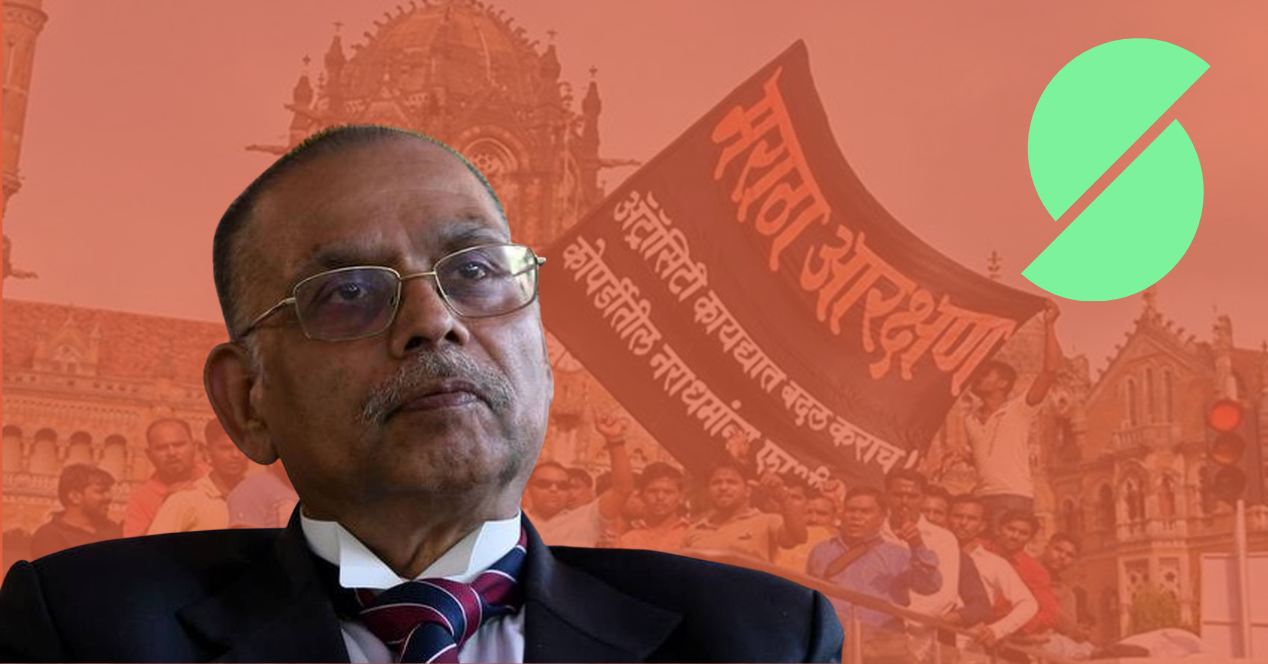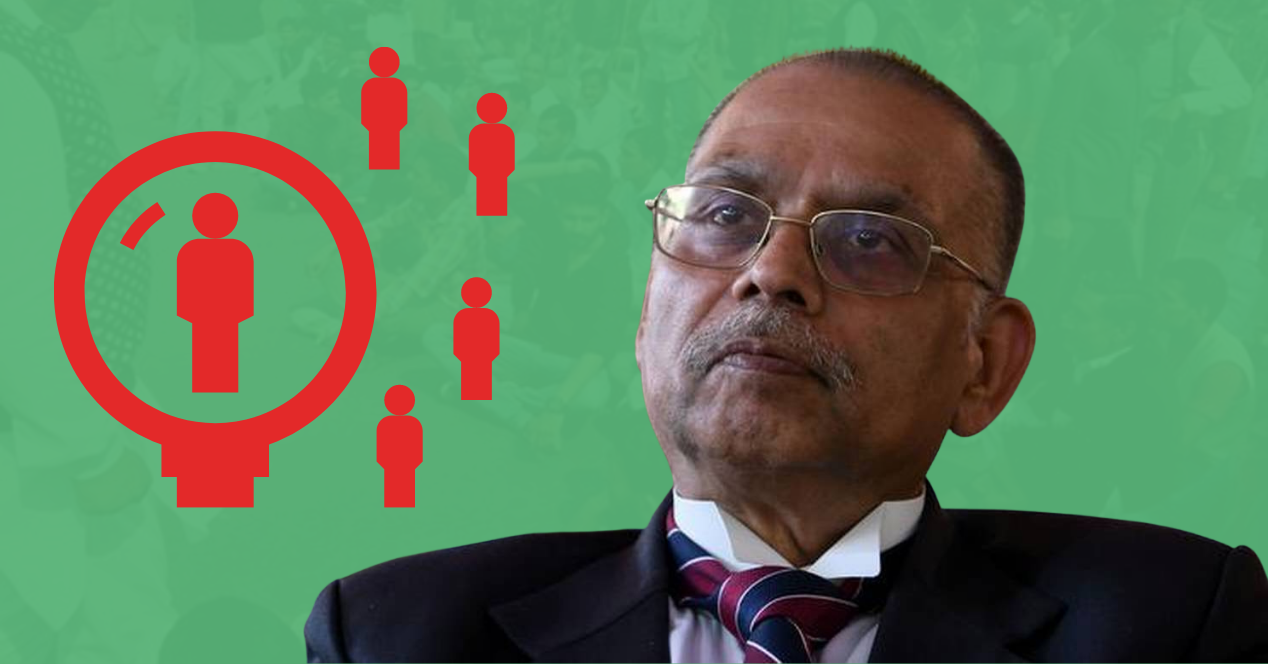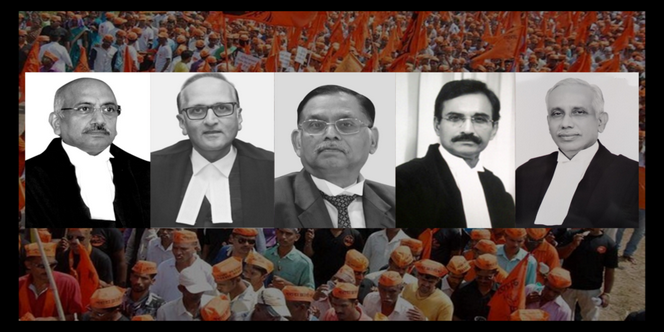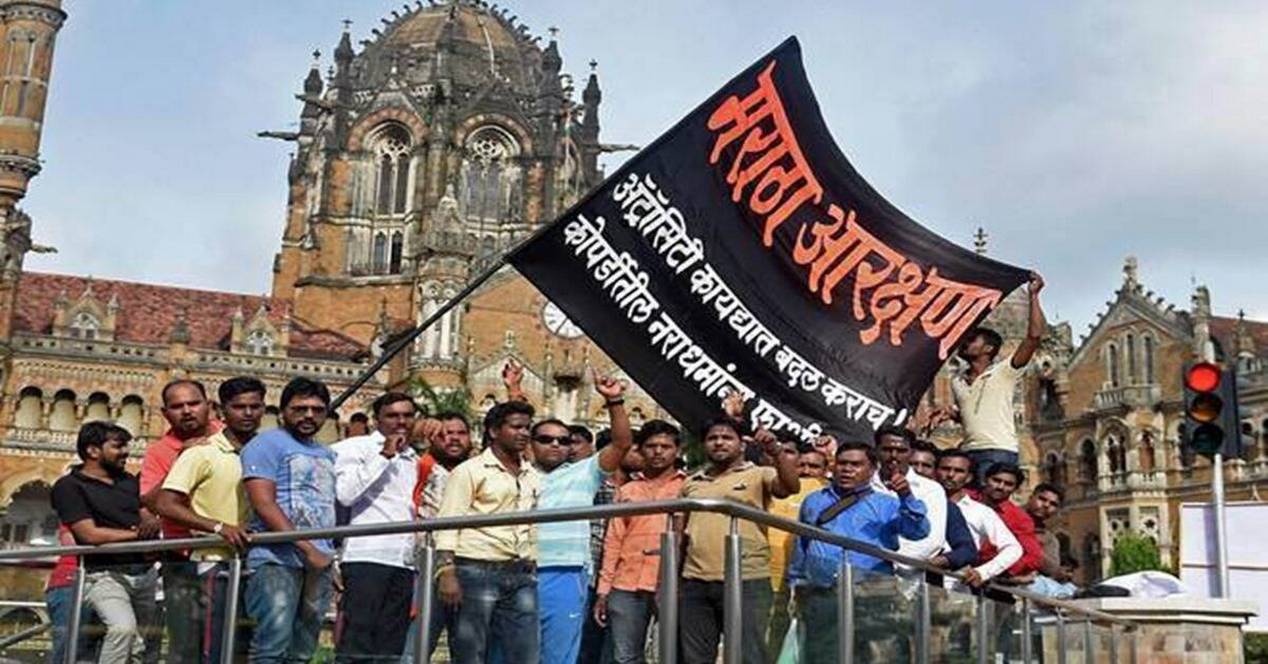Analysis
The SC Emphasises Data in Reservation Cases
The Court's emphasis on data in the AIQ-NEET Case is consistent with their previous demands for data in reservations cases.

On November 25th 2021, Solicitor General Tushar Mehta informed the Court that the Union government will reconsider the ₹8 lakh annual income limit for individuals to be eligible for Economically Weaker Sections (EWS) reservation benefits. Mr. Mehta communicated this during the hearing regarding reservations under EWS within the All India Quota (AIQ) seats in medical postgraduate courses.
Prior to this decision, the Supreme Court (SC) had questioned the government on the factors considered to arrive at this income limit. The Bench inquired whether any state-specific factors, or any factors outside of income, were used to arrive at the limit.
The government had argued that EWS reservation had been granted on the basis of scientific criteria, as stated in the Major Sinho Commission Report (2010). So, the decision to reconsider the limit marks a surprising turn in the case.
On November 15th, the petitioners filed a note criticising the government’s reliance on the Sinho Commission Report. The note states that the report relied solely on the ‘poverty line’ and no other economic category. It goes on to argue that the income limit established by the government was arbitrary and unconstitutional.
The SC’s focus on data in the EWS case can also be seen in previous reservation matters.
Judicial Scrutiny of Data in the Maratha Reservations Case
In the Maratha Reservations (2021) case, Maharashtra’s Socially and Educationally Backward Classes Act, 2018 (SEBC Act) was challenged. The government relied on the Gaikwad Commission Report to justify the provision of reservations for the Maratha community under the SEBC Act.
Justice Ashok Bhushan held that this report should be subject to ‘constitutional scrutiny’ by questioning whether the data supports the conclusions drawn. His judgment illustrated the need for data on India’s caste composition and emphasised the need for ‘contemporaneous’ data on caste.
The Need for Quantifiable Data to Justify Reservations in Promotions
The SC in Jarnail Singh v Lacchmi Narain Gupta (2018) was tasked with deciding whether to review their earlier judgment in M. Nagaraj v Union of India (2006). In Nagaraj, the SC had laid down conditions for introducing reservations in promotions for Scheduled Castes & Scheduled Tribes. First, the State must show the backwardness of the class. Second, it must show that the class is inadequately represented in the position/service for which reservations in promotion will be granted. Finally, it must show that the reservations are in the interest of administrative efficiency.
In Jarnail Singh, the Court struck down the first requirement of proving backwardness in Nagraj. The Court also reiterated that the states must provide ‘quantifiable data’ in order to prove inadequate representation of SC/STs.
However, the ambiguity in the meaning of ‘quantifiable data’ has caused difficulty for states to satisfy the conditions laid down in Jarnail Singh. This has resulted in many policies for reservation in promotion being struck down by the High Courts. These decisions have now come to the SC on appeal along with writ petitions seeking clarifications on Jarnail Singh.
Data Collection and its Bearing on EWS Reservations
The Jarnail Singh and the Maratha cases display the Court’s emphasis on the need for updated data to justify reservation policies. There are now two major issues that the SC will be asked to decide in the coming months. Firstly, whether to accept the government’s updated criteria for EWS reservations. Secondly, determining the meaning of ‘quantifiable data’ in the context of reservation in promotions so that state governments can craft reservation policies without seeing them struck down in the High Court.











